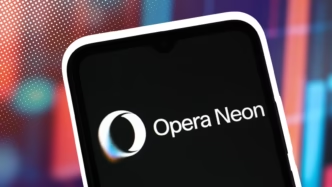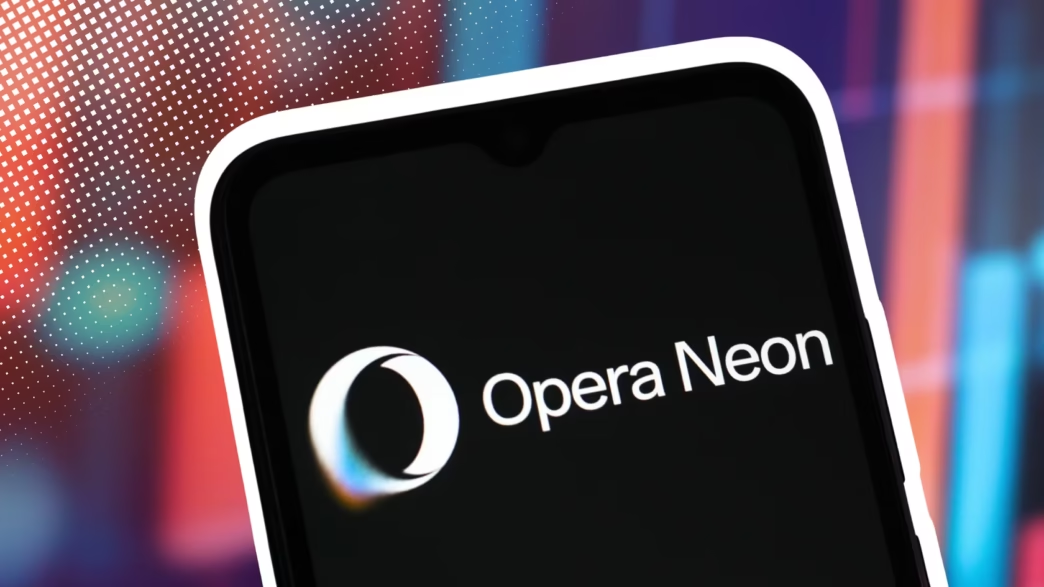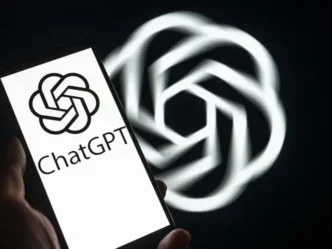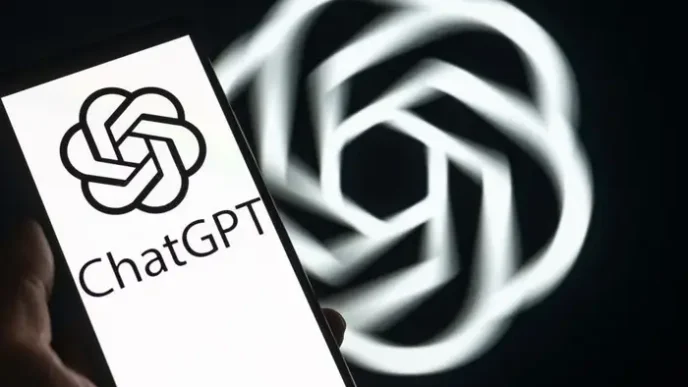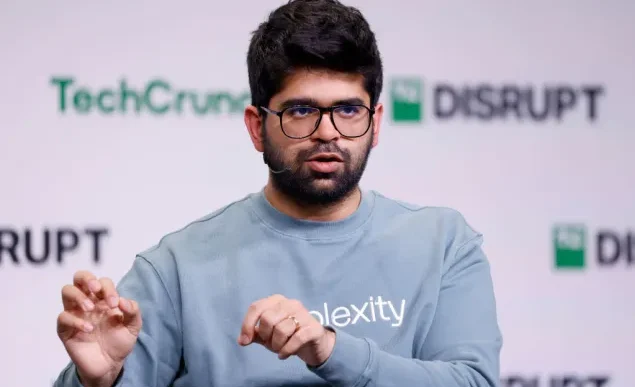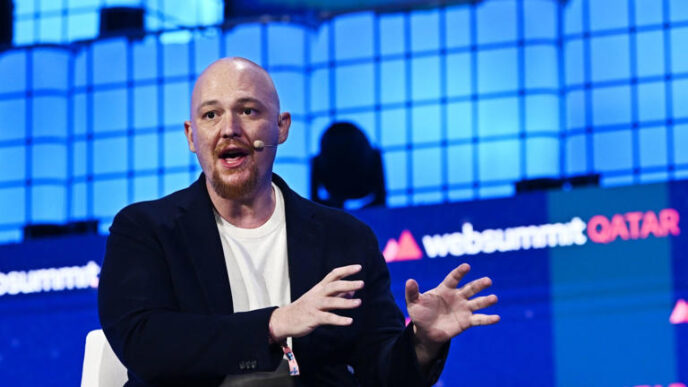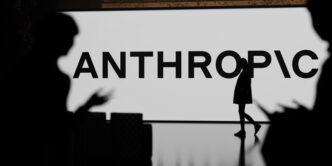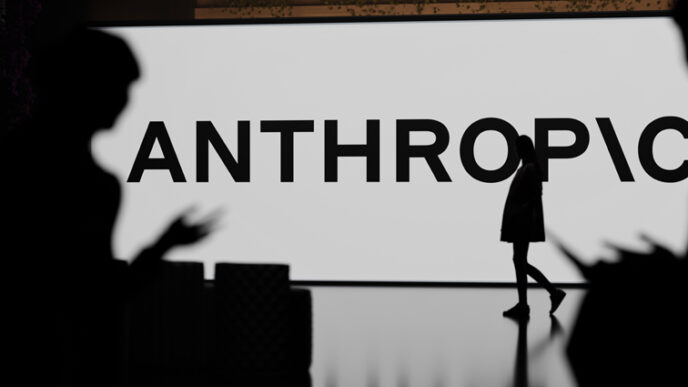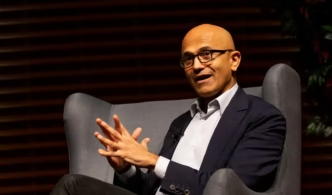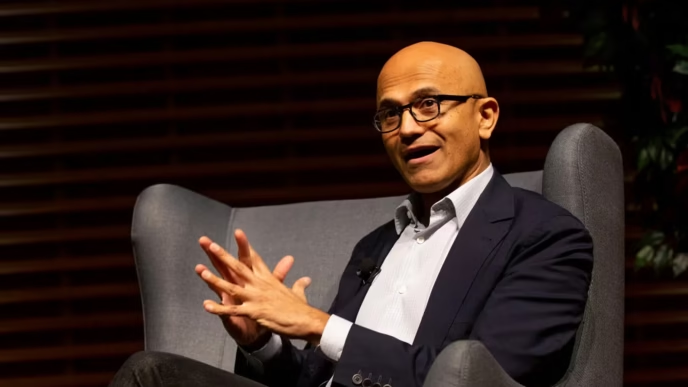Opera has introduced a new AI-first browser called Neon, built for people who want more than traditional browsing. Instead of just offering search and navigation, Neon combines web browsing with intelligent automation, giving users the ability to create apps directly from prompts, run repeatable AI workflows, and organize their digital tasks in one place.
The company first teased Neon back in May during its closed preview phase. Now it is moving into early access, with invites going out to select users who are willing to pay the monthly subscription fee of $19.99. Opera says Neon is aimed at power users who rely on AI in their daily work. Krystian Kolondra, EVP of Browsers at Opera, explained that the company built Neon for itself and for anyone using AI extensively, and is now inviting its first users to help shape the future of what it calls agentic browsing.
Neon integrates several layers of AI features. There is a built-in assistant for quick conversations and answers, but its standout tool is Neon Do, which carries out tasks across your browsing history. It can summarize a Substack article and send it directly to a Slack channel, or fetch details from a YouTube video you watched last week. It can even generate code snippets that help build charts and reports inside the browser. While it’s not yet clear whether these mini-apps can be shared, the feature moves Neon closer to a workspace tool than a simple browser.
Another key feature is Cards, Opera’s version of reusable prompts. Similar to Dia’s “Skills,” Cards let users combine instructions like “pull-details” and “comparison-table” to create repeatable workflows. Opera describes this as the IFTTT of AI prompting, where people can build their own automations or use templates from the community. Alongside this, Opera has added Tasks, a way to group AI chats and tabs into focused workspaces, making Neon not just smarter but also more organized.
In demos, the company showcased scenarios like Neon ordering groceries on a user’s behalf. As with many AI products, the challenge will be proving these capabilities work seamlessly outside of a controlled demo environment. Opera is positioning Neon as a direct competitor to Perplexity’s Comet and Dia from The Browser Company, while also stepping into the same arena as tech giants like Google and Microsoft, which are layering AI into Chrome and Edge.
The difference is that Opera is taking a premium route by targeting power users willing to pay for advanced tools. By combining agentic features with subscription pricing, Neon is staking a claim as the browser for people who want AI to handle more than just search—it wants to manage entire workflows. Whether it succeeds will depend on how well these features perform in everyday use.
